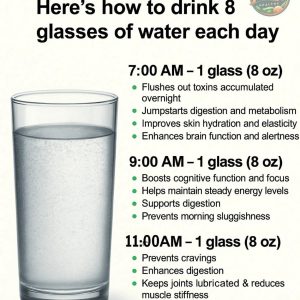Boiled Eggs and Heart Health: A Closer Look
Boiled eggs are widely regarded as a healthy source of protein, vitamins, and essential nutrients. However, doctors are now cautioning that the way we consume them may play a critical role in our cardiovascular health. While eggs themselves can be part of a balanced diet, certain habits related to their consumption may actually increase the risk of clogged arteries.
The Hidden Danger in What You Add
Many people enjoy their boiled eggs with generous amounts of salt, mayonnaise, or buttered toast. These additions, though flavorful, are often high in saturated fats and sodium—two known culprits in the buildup of plaque in arteries. Over time, this plaque can harden and narrow the arteries, raising the risk of heart attacks and strokes. It’s not the boiled egg itself, but what accompanies it that can be dangerous.
Portion Size and Frequency Matter
Another concern lies in overconsumption. Eating multiple boiled eggs daily—especially when paired with high-fat sides—can contribute to high cholesterol levels. While the egg yolk contains dietary cholesterol, it’s the combination of excessive intake and unhealthy pairings that most concerns health professionals. Moderation is key, and balance with fruits, vegetables, and whole grains can help mitigate risks.
Healthier Ways to Enjoy Boiled Eggs
To enjoy boiled eggs without endangering your heart health, doctors recommend eating them in moderation and avoiding high-sodium or high-fat accompaniments. Try pairing eggs with avocado, whole-grain toast, or a fresh salad instead. Simple changes in your routine can protect your arteries while still allowing you to enjoy this nutritious food.


